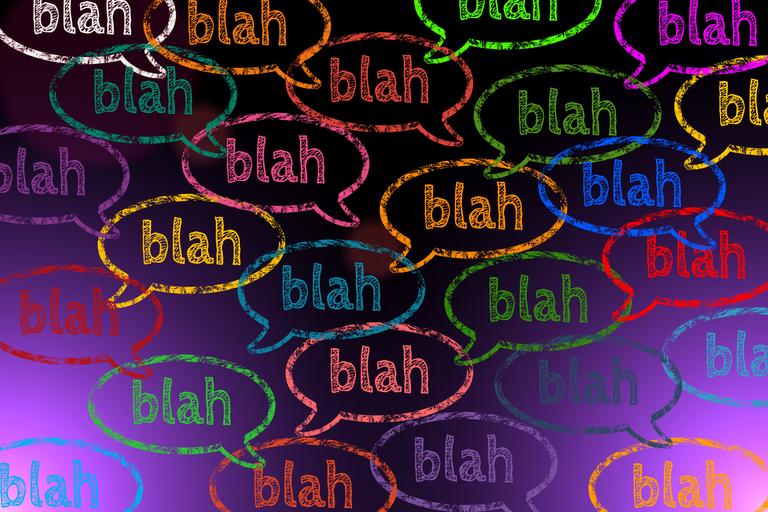
If you are familiar with the ins and outs of the law, you may have heard the term defamation floating around. But what exactly is defamation? Defamation of character refers to false statements presented as a fact to a third party. Making the statement to the person you are talking about is not considered defamation because it does not cause damage to anyone’s reputation, which is a condition for any claim to be regarded as one of defamation. Read on to learn some interesting facts about defamation.
Defamation and Its Types
Defamation is any false statement that causes damage to a person’s reputation. This person, who has been wronged, has the right to a defamation case. Defamation law is the area of law that deals with defamation cases. There are two main types of defamation: slander and libel. Slander is a statement spoken orally about someone that is untrue, while libel is any untrue statement about a person that is written down. Seditious libel is a type of libel that concerns public figures in the government or congress, or the president. However, in order for such a statement to be considered libel, it needs to be known to be false. It can also be regarded as libel if the speaker of the statement knew the truth and disregarded it on purpose while making the statement.
A Good Lawyer Is Needed
As with any legal matter, you need a good lawyer to guide you on what to do if you are involved in a defamation case, whether you are wrongly accused of defamation or someone is spreading false rumors about you. A specialized lawyer can help prove that you are innocent and help you carry out a defamation lawsuit if you have been wronged. To make sure the lawyer you are considering is reliable, you should check their website and look into their previous cases. Some firms offer free consultations where they review your case, which allows you to understand whether or not you have grounds for a defamation case. Many also offer online chat services where you can contact operators at any time if you have any questions regarding your case.
Evidence Is Needed to Prove Defamation
You need evidence to be able to prove that defamation has, in fact, occurred to you. In the case of libel, it’s easier to prove your claim, but there must be information in writing proving that this was written about you. In other words, it must clearly and specifically identify you. In the case of slander, you need a witness to prove that they heard the claim being said, otherwise it might end up as a hearsay situation, and you likely won’t be able to get any validation of your situation in a legal court. Video or audio recordings of the person making the statements or signed letters or social media screenshots can be apt evidence to support defamation cases, so you should keep them at hand if you are reporting defamation.
The Difference Between Opinion and Defamation
There is a big difference between stating an opinion about something and defamation. If you say that you “think” something, that means you are stating your opinion, and it can’t really be considered defamation. However, if this statement is related to someone carrying out a crime, it might be considered defamation. This is why journalists take great care while writing articles about crimes that still haven’t been confirmed, adding the word “allegedly” to avoid facing unnecessary defamation cases.
There is a crucial point when it comes to defamation, which is the intent of the person saying the statement. If the statement is made with the intent of saying something untrue, it is considered defamation, but if it was made without the knowledge of it being untrue, then it isn’t always considered defamation. Still, if the person being defamed is a private citizen, then there can be a negligence claim, which means that the person saying the statement should have questioned if the statement was false before saying it. If you are a public figure, it’s harder to prove defamation as there are higher standards that you must abide by in order to prove you are being wronged.
Defamation occurs when someone spreads rumors or makes false claims about you and that can possibly harm your reputation. Libel and slander are two different types of defamation; libel refers to written defamation, whereas slander refers to verbal defamation. If you are being wrongly accused of defamation or if you suspect that someone is defaming you, you should contact a specialized lawyer to either defend yourself or protect your reputation.

We have a lot of this Throughout the village. Big Storytelling , it’s just amazing. Trouble makers . We know who you are .
That’s why you need to know the facts before you shut your mouth off.